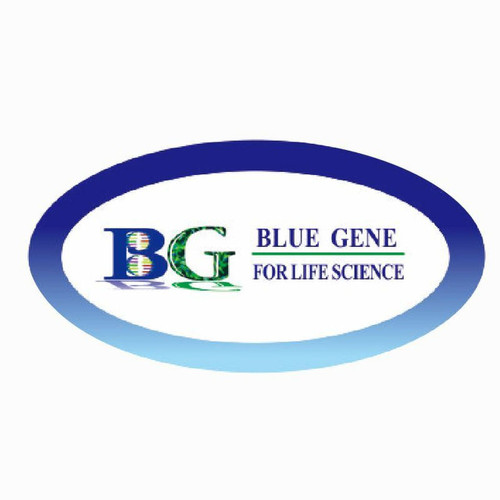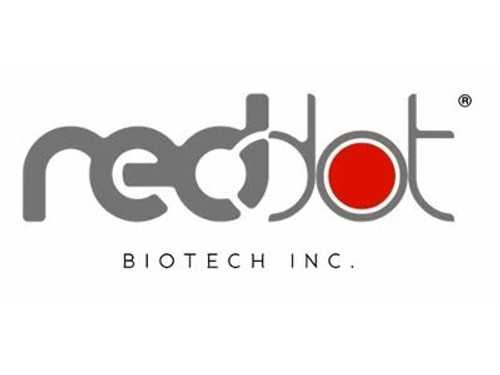Product Description
Bovine Protamine-2 (PRM2) ELISA Kit | AE25873BO | Abebio
Species Reactivity: Bovine (Bos taurus; Cattle)
Abbreviation: PRM2
Alternative Name: CT94.2; FLJ27447; Sperm protamine P2|cancer/testis antigen family 94; member 2
Application: ELISA
Range: Request Information
Sensitivity: Request Information
Intra-Assay: ≤6.9%
Inter-Assay: ≤10.9%
Recovery: 1, 04
Sample Type: Serum, Plasma, Other biological fluids
Detection Method: Sandwich
Analysis Method : Quantitive
Test Principale: This assay employs a two-site sandwich ELISA to quantitate PRM2 in samples. An antibody specific for PRM2 has been pre-coated onto a microplate. Standards and samples are pipetted into the wells and anyPRM2 present is bound by the immobilized antibody. After removing any unbound substances, a biotin-conjugated antibody specific for PRM2 is added to the wells. After washing, Streptavidin conjugated Horseradish Peroxidase (HRP) is added to the wells. Following a wash to remove any unbound avidin-enzyme reagent, a substrate solution is added to the wells and color develops in proportion to the amount of PRM2 bound in the initial step. The color development is stopped and the intensity of the color is measured.
Product Overview: Presumably PRM2 is located on human chromosome 16, close to PRM1: in the mouse the corresponding 2 loci are closely linked, and in the Chinese hamster, probes specific for the 2 protamines hybridize to the same restriction fragments after digestion of hamster genomic DNA with any of 5 different restriction endonucleases (Reeves et al., 1987, 1989) . The tight linkage may be of functional significance since PRM1 and PRM2 are among the limited number of genes known to be expressed postmeiotically in haploid cells. In mouse, only one P2 protamine has been detected, whereas in man, the P2 protamine family is represented by 3 protamines, HP2, HP3 and HP4, whose amino acid sequences are identical except at their amino terminal ends .
Stability: The stability of ELISA kit is determined by the loss rate of activity. The loss rate of this kit is less than 5% within the expiration date under appropriate storage condition. The loss rate was determined by accelerated thermal degradation test. Keep the kit at 37°C for 4 and 7 days, and compare O.D.values of the kit kept at 37°C with that of at recommended temperature. (referring from China Biological Products Standard, which was calculated by the Arrhenius equation. For ELISA kit, 4 days storage at 37°C can be considered as 6 months at 2 - 8°C, which means 7 days at 37°C equaling 12 months at 2 - 8°C) .
 Euro
Euro
 USD
USD
 British Pound
British Pound
 NULL
NULL








